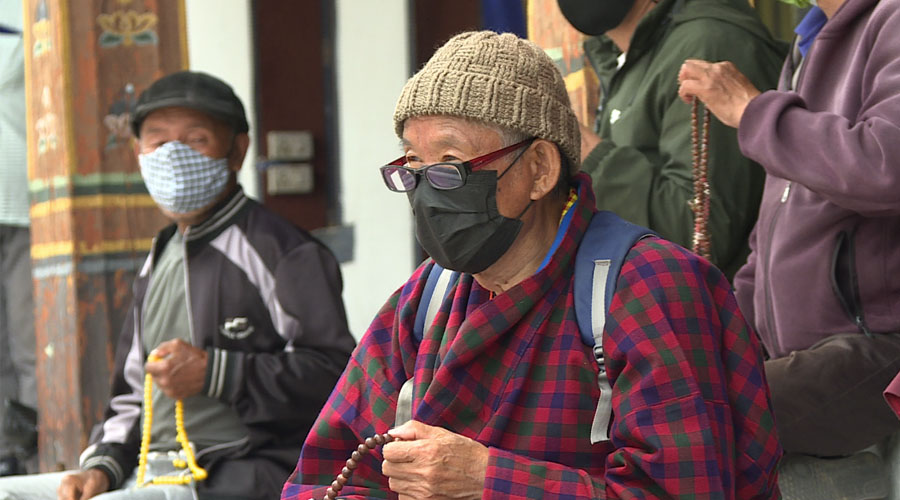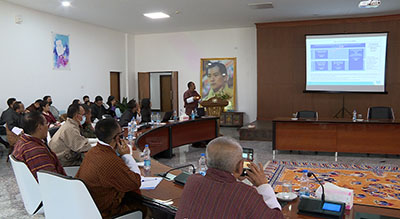
The country will soon have a National Policy for Senior Citizens for the welfare of elderly persons. Among many aspects, the policy will focus on meeting the fund requirement of the Royal Society for Senior Citizens to plan initiatives for elderly people. The Public Benefit Organisation is currently challenged with a lack of consistent funding to plan such initiatives.
The organisation was founded by a group of retired civil servants upon the Royal Command in 2011 to foster the harmonious living and well-being of senior citizens.
It is projected that there are more than 73,000 senior citizens in the country. This is as per the Population and Housing Census of Bhutan 2017.
Some of them encounter numerous challenges without caregivers. To inspire senior citizens to lead meaningful and fulfilling lives, the Royal Society for Senior Citizens was formed.
However, a member of the organisation said that without funding, the organisation is unable to organise events and meetings focused on the well-being of the country’s senior citizens. Today, they manage funds through membership fees and donations.
Every year, the members collect about Nu 1,800 to plan events.
The organisation has more than 300 members.
Sonam Tshewang, a senior citizen suggested raising funds from within the country as it is challenging to gather funds from international donors.
“We have financial institutions and hydropower projects. They are giving social corporate funds. Similarly, if the drafting committee could approach financial institutions to consider at least 0.1 per cent of their profit as a social corporate responsibility to the senior citizens.”
“The government has been helping senior citizens in the country. But as the number of senior citizens grows, so does the cost. So, if the government supports a trust fund for senior citizens, we will not have to rely on others. This will help in future too,” said Nima Gyeltshen, another senior citizen.
The Gross National Happiness Commission (GNHC) which is working on the national policy for senior citizens said there is a pressing need for them to come up with such a policy so that they can provide senior citizens with services based on their needs.
The office said the policy will cover the financial aspect as well.
“These issues require national-level intervention and this is where we are targeting that with this policy we are going to solve not only social and economic aspects but all other aspects like environmental aspects and others. This will provide a guideline for all the stakeholders. And I believe this policy will provide a roadmap where each sector can play a role,” said Tashi Duba, a Senior Research Officer with the GNHC.
Meanwhile, the office is expecting to launch the policy in October this year coinciding with the International Day of Older Persons.
 The Commission is drafting the policy in collaboration with the Ministry of Health and the Royal Society for Senior Citizens with funding support from the United Nations Population Fund (UNFPA). To this effect, they held a consultation meeting yesterday.
The Commission is drafting the policy in collaboration with the Ministry of Health and the Royal Society for Senior Citizens with funding support from the United Nations Population Fund (UNFPA). To this effect, they held a consultation meeting yesterday.
Pema Seldon Tshering
Edited by Phub Gyem








